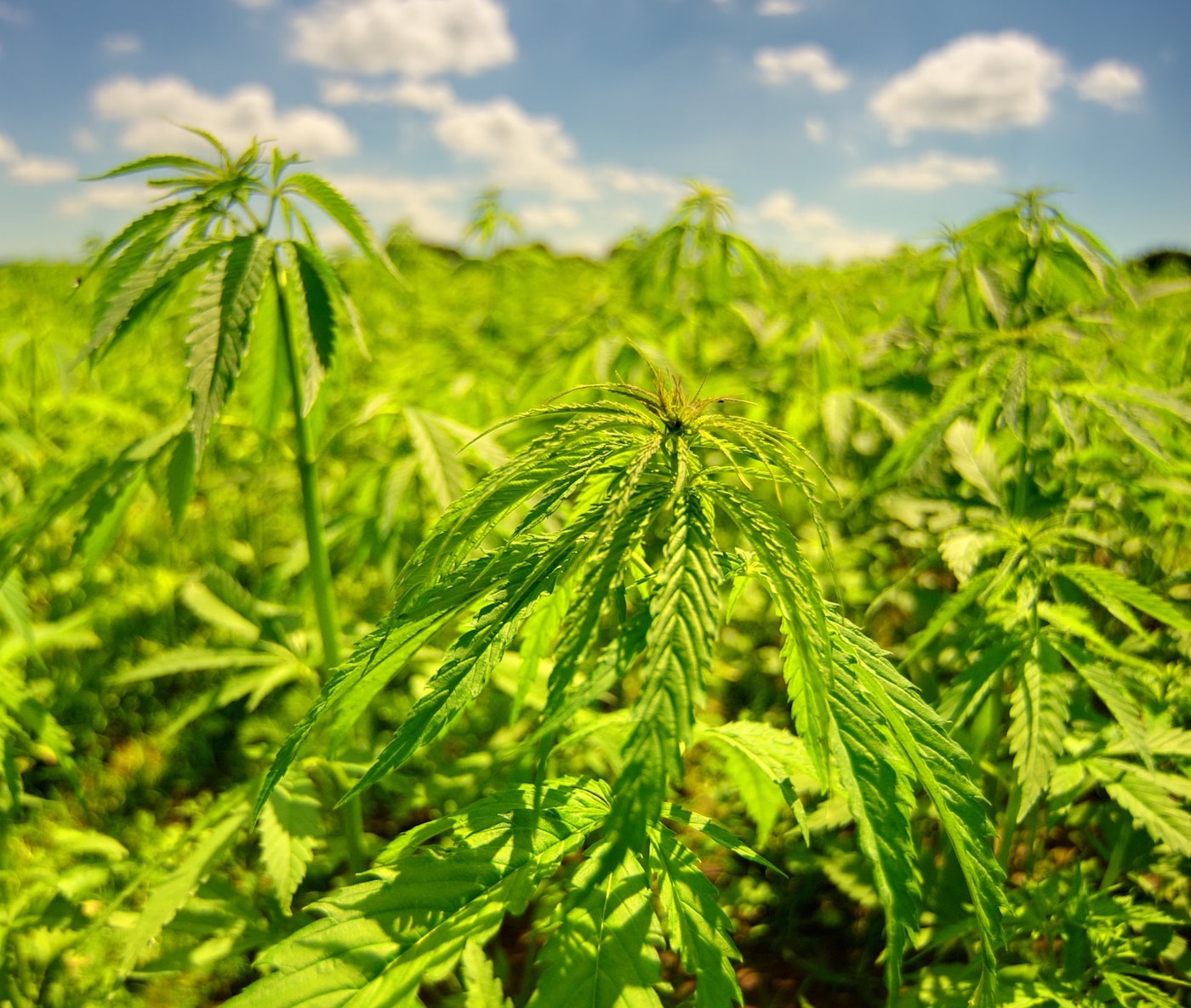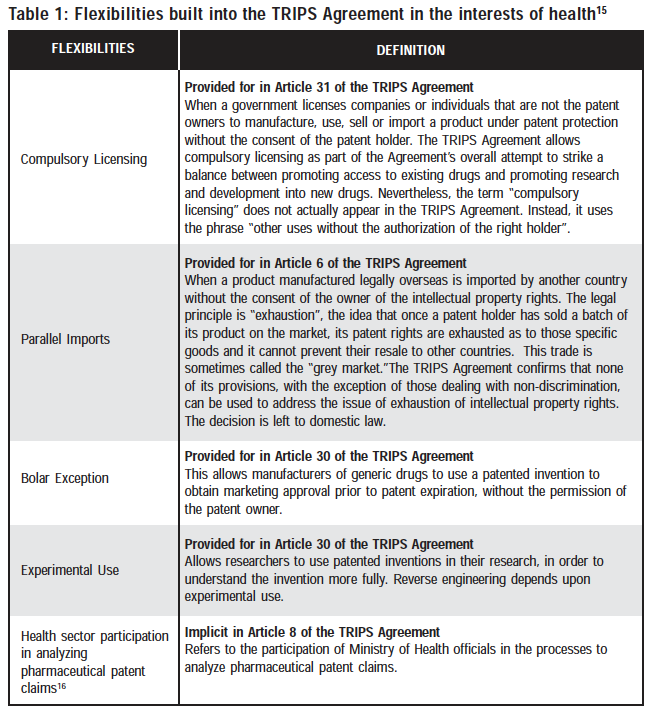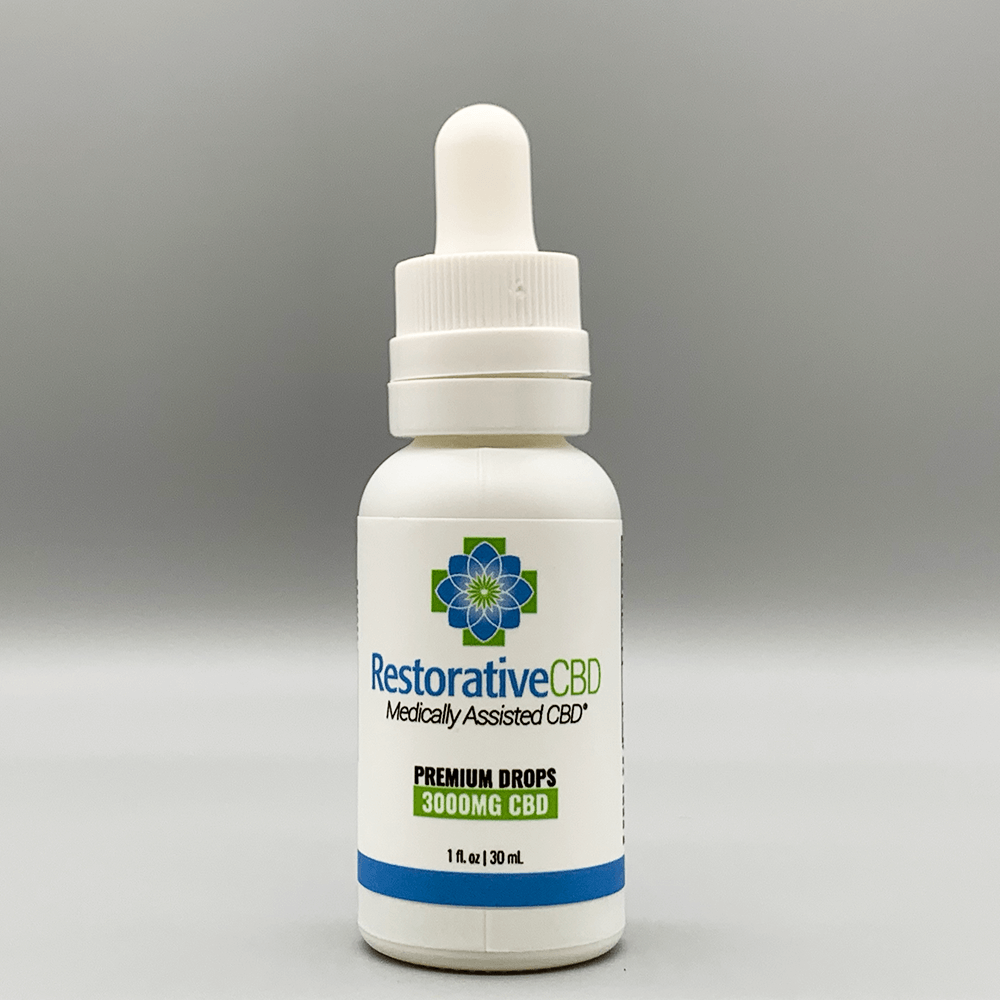
The New York Times recently published an article titled "The new sobriety." It stated that more people are giving up alcohol to improve their health. This article discusses the prevention of relapses, mindful eating and managing triggers. These tips will help you stay sober.
Mindful eating
People recovering from eating disorders are increasingly turning to mindful eating. But, this can cause serious health problems for people in recovery. This kind of eating is about giving your body what it needs, but not overdoing it. To be mindful one must understand the body's language and allow it to eat what it wants.

Mindful eating means engaging all five sensory senses. A mindful eater isn't driven by habit or emotion but rather observes how the food and environment affects them. After satisfying their hunger, or when they are satisfied, mindful eaters stop eating. The mindful eaters then observe how food affects their bodies and decide what foods make them feel happy or uncomfortable.
Mindful eating is about paying attention to the five senses as you eat. This is about paying attention the sounds, flavors, colors, and textures of what you are eating. This can include cooking while you eat.
How to manage triggers
Being sober requires that you manage triggers. Triggers could be either internal or external stressors. Managing them effectively helps you to lead a balanced life. You must identify triggers and develop coping strategies to manage them. Awareness is key to coping well with triggers. It is possible to do this by keeping a daily diary or paying attention in your surroundings.
It is also a good way to get rid of any personal possessions linked with substance abuse. You can do this by getting rid of items like empty liquor bottles, decorations, and tee-shirts used while using. This could mean that you need to be away from family or friends in order for you to devote time to self-care.

Avoiding triggers may seem like the best option, but it isn't always practical. You need to learn how to manage triggers. The best ways to manage triggers are to remove substances from your environment, delete old partners from social networks, and avoid parties and bars. It is not easy to manage triggers, but it is essential to keep sobriety.
FAQ
What CBD products do you sell most?
CBD products are popping up everywhere. CBD products are popular for their ability to relieve pain and anxiety. This market is large and growing quickly.
But for what purpose do people buy CBD? How does this impact you as a brand manager?
According to Statista CBD products are purchased for their relaxing properties. They are also purchased for their antiinflammatory properties.
If your product contains both CBD and THC, it can be used for medicinal and recreational purposes.
But what about brands that only focus on one specific purpose? A company selling CBD for stress relief is an example of a brand that will not be challenged.
Additionally, a brand that focuses solely on CBD for medical purposes will enjoy a large customer base.
However, if a brand wants to target recreational users, then they need to create a unique selling proposition (USP). A USP basically refers to a unique selling point that sets a brand apart.
For example, some brands offer shipping free of charge, while others offer discounts when you order in bulk.
Is CBD growing?
Yes, it is! And that growth is expected not to stop as legalization continues across North America. Canada was the first country to legalize recreational cannabis use. Several states also have medical marijuana laws.
This trend will likely continue at least another ten years, as more states adopt legislation allowing medicinal marijuana.
The legalization of marijuana also makes sense from an economic perspective. Legalizing pot has many other advantages, including a new market that is lucrative for farmers.
It could help decrease crime rates by reducing illegal drug availability. It could also bring in tax revenue to governments.
People will likely choose to consume less alcohol as they become more comfortable with legal marijuana. This would result in fewer hangovers, and lower healthcare costs.
In addition, marijuana might actually improve the quality of life for those who suffer from chronic pain. Many believe that THC (the active ingredient in marijuana) helps to relieve the symptoms of nausea and muscle spasms associated with chemotherapy.
Finally, marijuana might become a valuable tool for treating mental illnesses such as depression and anxiety. Some studies even suggest that marijuana may be able to treat schizophrenia.
The CBD industry is on the rise, and there are many obstacles in its path.
Is there evidence that CBD reduces anxiety?
CBD oil is an effective treatment for anxiety. This happens because it interacts to certain brain receptors called CB1 (and CB2), respectively. The endocannabinoid systems regulates mood and stress response.
CB1 receptor is activated when our bodies feel anxious. This receptor activates and sends signals to amygdala which is responsible for emotional processing.
When the CB1 receptor blockage occurs, the amygdala is unable to receive the signal necessary for processing emotions. CBD users report less negative feelings.
A study published in 2017 showed that CBD reduces anxiety in patients with social phobia. Another study confirmed that CBD can reduce symptoms associated with PTSD.
A 2018 review concluded CBD has anxiolytic potential and could be used to treat generalized anxiety disorder.
Another study indicated that CBD might help reduce panic attacks.
Numerous studies have found that CBD can increase anxiety in mice.
According to the researchers, this discrepancy between animal and human data may be due in part to differences in CBD's effects on humans and animals.
CBD does not have any safety data. Most experts agree that CBD can be safely used when it is directed.
Statistics
- A recent study [161] also found that in vitro CBD treatment (i.e., ≤ 2 h exposure to 10 μM) induced ~40% vasorelaxation in isolated (pre-constricted) (ncbi.nlm.nih.gov)
- CBD seems unlikely to directly influence sleep in healthy humans [115] (and maybe “sleep-promoting” in those with certain comorbid conditions) (ncbi.nlm.nih.gov)
- While the primary injury may not be treatable, interventions that attenuate secondary sequelae are likely to be of benefit [203].Only one study (ncbi.nlm.nih.gov)
- A recent systematic review of human trials also reported that individuals with epilepsy receiving CBD (5–20 mg·kg−1·day−1) were more likely to experience decreased appetite than those receiving placebo (i.e., ~20 vs. 5% of patients) (ncbi.nlm.nih.gov)
- OralWhere HED is the human equivalent dose, and Km is a correction factor estimated by dividing the average body mass (BM) of the species (60, 0.020, and 0.150 kg for 11 humans, mice, and rats, respectively) and by its surface area (see: Nair et al. (ncbi.nlm.nih.gov)
External Links
How To
How to Get Certified To Sell CBD Products
CBD (cannabidiol), one of the many cannabinoids found inside cannabis plants, is one. It's been used medicinally throughout history, including traditionally in China, India, and many South American countries. The ability to treat conditions such anxiety, pains, epilepsy, and inflammation has made CBD products extremely popular in recent times. There is no formal certification program for CBD products. At least, not in the U.S. Anyone who wants to sell CBD products will have to use the "unofficial", self-certification process.
There are two options. The first option is to join a canna business association. This will allow you to share your knowledge with others, as well as receive advice and support. There are currently dozens of associations around the country. There are two options. The first is to open an online business. The majority of states allow cannabusinesses to be online. If your state allows online canna-businesses, you can immediately set up a website and begin accepting orders. However, you will still need to register at your state's Department of Public Health. After you have registered, you can apply for a license from your state's Department of Public Health. Once you have your license, it is legal to open your shop and accept orders.